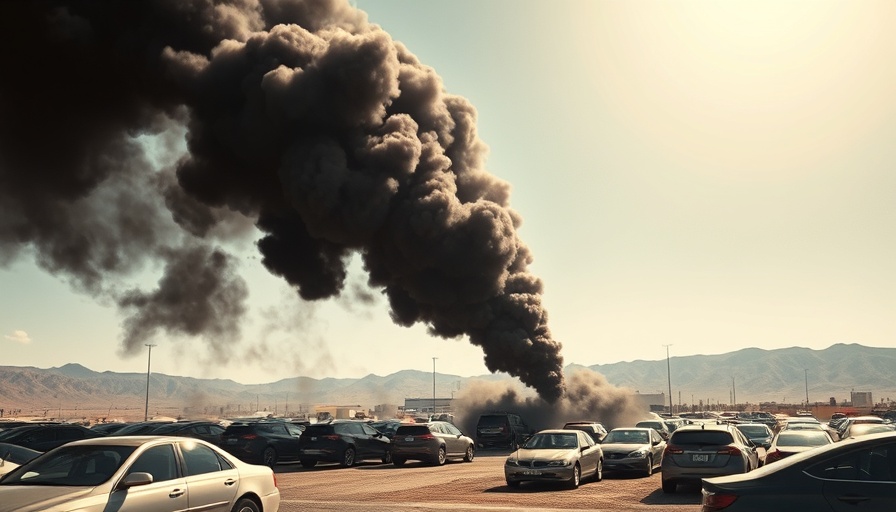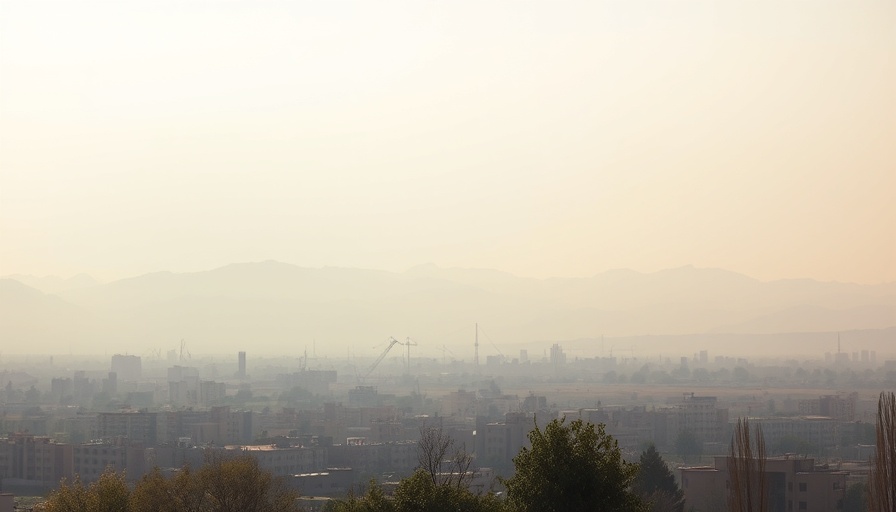
Understanding the Attack on Ramon Airport
On September 7, 2025, Ramon Airport in southern Israel experienced a significant security breach when a drone, reportedly launched by Houthi forces from Yemen, exploded at the airport, striking a passenger terminal. This incident not only raises alarms regarding aviation security but also highlights the escalating regional tensions affecting both Israel and its neighboring states.
The Broader Context of Houthi Threats
The Houthis, a group based in Yemen, have increasingly utilized drone technology in their military strategies, capable of reaching targets beyond their borders. This recent attack manifests not just as a tactical move but as a statement of intent amid the ongoing Yemeni civil conflict and the broader geopolitical schisms in the region. For socially engaged Christians observing these developments, understanding the roots and ramifications of this conflict can evoke deep concerns about peace and security in the Holy Land.
Implications for Regional Stability
Ramon Airport serves as a gateway for tourists and pilgrims to the land of biblical significance. Incidents like this could potentially deter visitation from allies and faith communities, who find themselves grappling with questions regarding safety. The attack poses critical queries concerning the safety of Christians in Israel, especially those involved in interfaith dialogue or humanitarian efforts.
Persecution and Response in the Christian Community
For the Christian community in the region, such aggressive acts amplify an already challenging environment. Reports of persecution continue to surface amid geopolitical tensions, with faith leaders advocating for both peace and protection of vulnerable communities. The recent attack illustrates an urgent call for interfaith cooperation and dialogues that aim to dismantle hostilities and cultivate a climate of mutual understanding.
The Global Christian Perspective
The complexity of conflicts in the Middle East often escapes the attention of global Christians, who might be more familiar with issues of relief and support. However, these events remind us that awareness is crucial. Global Christians, particularly those engaged in advocacy or charity work, must recognize the implications of regional turmoil, which often translate into conflicts of faith and humanitarian crises.
Creating Hope Through Action
Amidst despair, there lies an opportunity for increased action in support and solidarity with those suffering from the effects of such violence. Engaging in advocacy efforts, praying for peace, and supporting organizations that focus on humanitarian aid are ways in which believers can create hope amid chaos.
As the situation continues to develop, it remains vital for Christians worldwide to stay informed and connected with those on the ground. For many, the question isn’t only about what can be done, but how we can embody the teachings of love and peace that lie at the heart of Christian faith.
 Add Row
Add Row  Add
Add 








Write A Comment